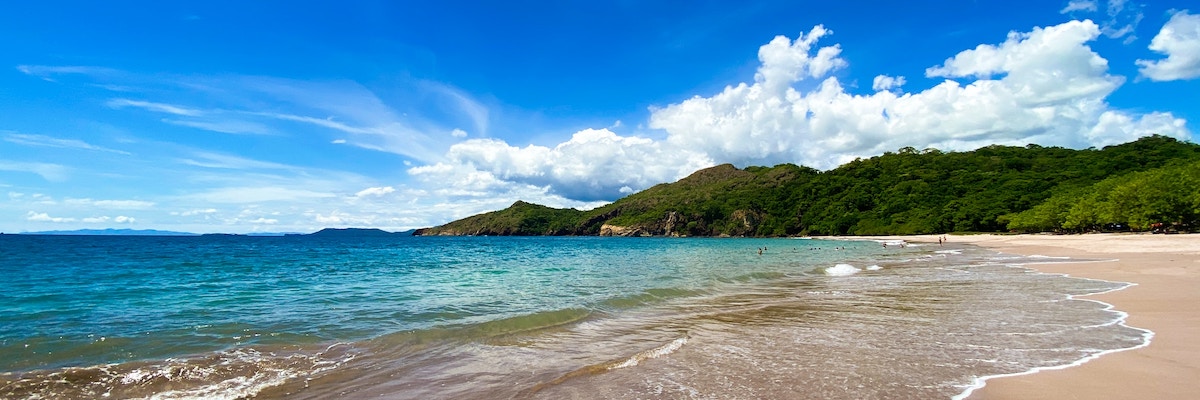Safety Considerations in Costa Rica
Costa Rica is generally considered a safe destination for both tourists and residents. However, safety conditions can vary, and it's crucial to stay informed about the latest developments. Always refer to the most recent travel advisories, consult local authorities, and exercise common-sense precautions. Here's an overview of safety considerations in Costa Rica:
- Low Crime Rates: Compared to many other countries in the region, Costa Rica has relatively low crime rates. Especially in the Papagayo region. Violent crime is not as prevalent, and the country has a reputation for political stability.
- Tourist-Friendly Environment: Costa Rica relies heavily on tourism, and the government places a strong emphasis on creating a safe and welcoming environment for visitors. Popular tourist destinations, including the Papagayo region, are known for their security measures and efforts to protect tourists.
- Natural Hazards: Costa Rica is prone to natural hazards such as earthquakes, volcanoes, and tropical storms. However, the country has well-established disaster response mechanisms.
- Health and Safety Measures: Costa Rica has taken measures to address health and safety concerns, especially in response to the COVID-19 pandemic. Visitors should be aware of any current health protocols and guidelines.
- Transportation Safety: While road conditions can vary, the transportation infrastructure in Costa Rica is generally well-maintained. However, exercise caution when driving, especially in rural areas where road quality may differ.
- Wildlife Safety: Costa Rica is home to diverse wildlife, including some potentially dangerous species. Visitors are advised to follow safety guidelines when engaging with wildlife and to be cautious in natural settings.
- Personal Safety Precautions: Visitors should take standard safety precautions, such as safeguarding personal belongings, avoiding poorly lit areas at night, and staying vigilant in crowded places.
- Emergency Services: Costa Rica has a well-established emergency response system. The country's emergency number is 911, and medical facilities are available in urban and tourist areas.
- Travel Advisory Awareness: Before traveling to Costa Rica, it is advisable to check travel advisories issued by your country's government. Stay informed about any safety alerts or recommendations.
- Local Customs and Laws: Familiarize yourself with local customs and laws to ensure respectful and responsible behavior. Abide by local regulations to avoid any legal issues.
- Community Policing: Costa Rica employs a community policing model, emphasizing community engagement and collaboration to enhance public safety.
- Crime Hotspots: While overall crime rates are low, it's essential to be aware of specific areas where petty crimes like pickpocketing may occur. Exercise caution in crowded places and tourist attractions.
Costa Rica is generally a safe destination, and millions of tourists visit the country without encountering major safety issues. However, as with any travel destination, staying informed, taking common-sense precautions, and being aware of your surroundings contribute to a safe and enjoyable experience. Always check for the latest travel advisories and local safety guidelines for the most up-to-date information.






